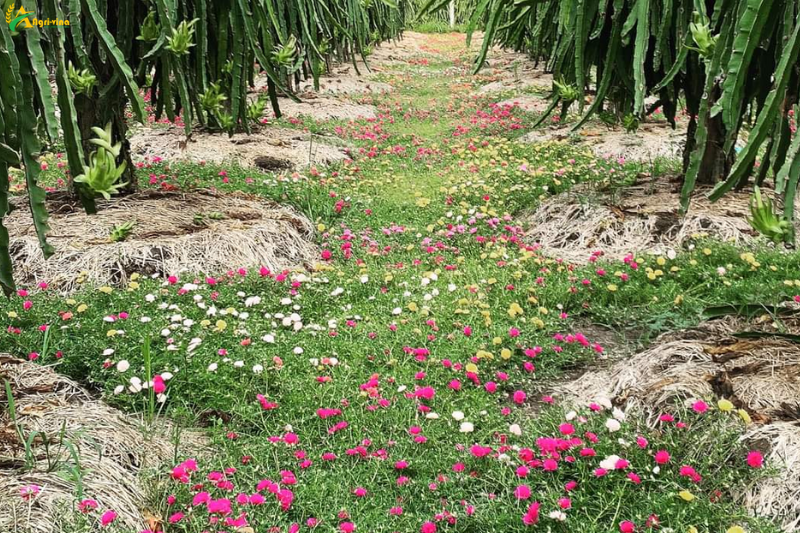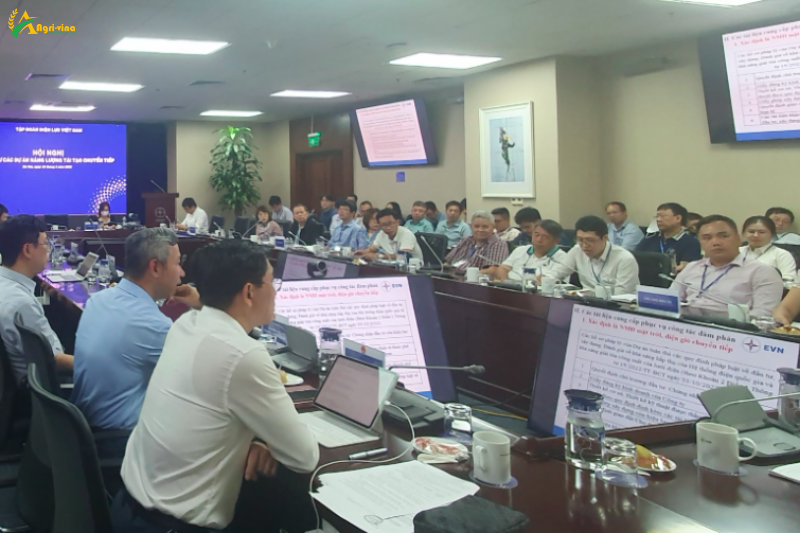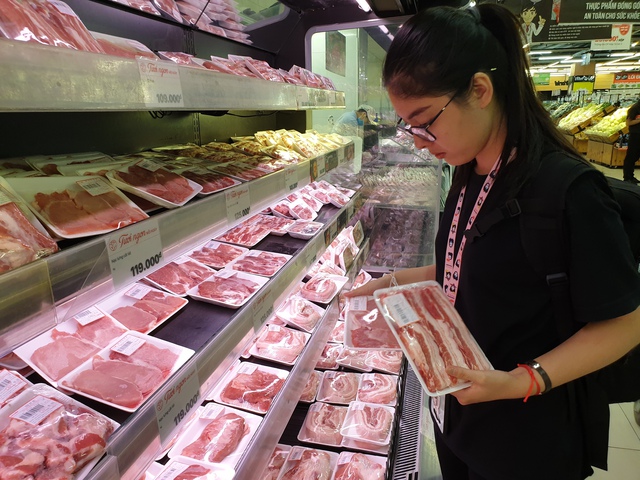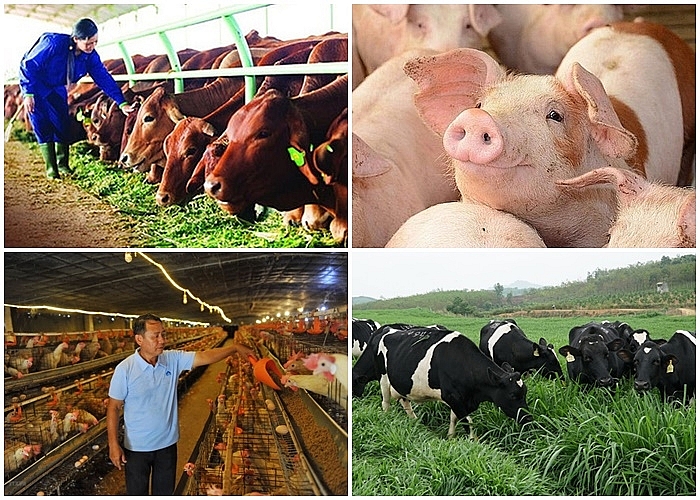- agrivina999@gmail.com
- No. 152 Thuy Khue, Tay Ho District, Hanoi City, Vietnam
News
Using ecological solutions to protect crops
In the face of increasingly complex and unpredictable impacts of climate change that seriously affect agricultural production, posing challenges for people in finding ways to develop a sustainable ecological agriculture. steady.
The trend of crop protection based on agroecological crop protection (ACP) is being studied by countries and scientists around the world in order to find suitable strategies in combining It combines many management measures, the main idea of which comes from the success of the IPM program and the development of community ecological management in the same residential system. With many successful projects on farming systems applying ACP, it has brought many benefits to the community and opened many new directions for sustainable agricultural development to adapt to increasingly complex climate change. and unpredictable.
In Vietnam, there have been many researches and applications of ecological measures in agriculture for sustainable production such as: Using weeds to attract natural enemies in pest management on crops or methods of using pesticides. cover weeds to prevent soil erosion, degradation, etc. These are measures that both serve sustainable production and adapt to climate change because some weeds can be used as a source of resources. Green manure, providing nutrients and organic matter, improves soil structure, restores some degraded soils and has the ability to protect soil against adverse effects of nature such as erosion, dryness term…

Use some types of grass with flowers to attract natural enemies in the dragon fruit garden
Some programs have successfully applied ecological solutions in the past time:
Program "Rice fields with flowers"
This is a program to apply ecological technology to production that has been supported by farmers, especially in the Mekong Delta. The model was first piloted by the International Rice Research Institute (IRRI) in Cai Lay and Cai Be districts (Tien Giang) from the 2009-2010 winter-spring crop under the name of the program "Integrated Pest Management on Rice". by ecological technology". Farmers in the area were instructed to plant a variety of flowers on the embankments and roads around the rice cultivation area. As a result, per hectare, up to 500,000 VND can be saved for pesticides and spraying.
After Tien Giang, An Giang is the province that continues to implement in three consecutive crops in combination with the application of the "1 must 5 reduction" measure and the GlobalGAP process has shown: Rice fields are almost free of pesticides and planthoppers. but still achieved yield of more than 6 tons/ha in summer-autumn and autumn-winter crops, and winter-spring crop was more than 7 tons/ha, an increase of nearly a ton/ha compared to normal farming. widely applied throughout the region while contributing to both improving the efficiency of rice production and beautifying the environment, contributing to the construction of new rural areas in the localities.
Plant weeds to cover the soil
A group of scientists from the Northern Mountainous Agro-Forestry Science and Technology Institute, led by Dr. Le Quoc Doanh, has studied and applied methods of planting and managing weeds to cover the soil for development. highland agriculture. The results show that, in the covered areas, the level of soil erosion decreased from 73 to 94% compared to the uncovered areas. With orchards, intercropping weeds both prevents soil erosion and produces more fodder for livestock. Land cover reduces the ground temperature by 3 to 7 degrees Celsius at 3 p.m. daily, reducing water evaporation. After only one season of application, mulching increased the content of organic matter, especially phosphorus and easily digestible potassium, creating better conditions for plants to grow. Up to now, the area applied with weed mulch measures has reached more than 1,000 hectares with the participation of more than 2,000 households in the provinces of Bac Kan, Ha Giang, Son La, Lai Chau, Nghe An and Dien Bien. ...
In addition, many households in the Central Highlands apply the method of intercropping Stylo bean grass and Ruzi grass with coffee, reducing watering twice in the dry season.
In the South, planting wild peanut grass or some grasses attracting natural enemies to cover the soil has been experimentally applied to pepper and mango gardens in Dong Nai, cashew (Binh Phuoc, Kon Tum, Dak Lak), dragon fruit (Binh Thuan), initially gave good results.
In summary, the term "weed control" has been used for a very long time, showing our unfriendly view of this object, even though they are considered a necessary pest. must destroy. However, with the direction of an ecological agriculture and sustainable development, we need to aim at planting and managing weeds effectively because the benefits they bring are not small. Beneficial or harmful weeds need to be considered depending on the type and quantity as well as effective use and management measures in accordance with the cultivation conditions, the weeds will be effective, contributing to protect the ecological environment and ensure biodiversity in nature.
By: Agricultural Extension











